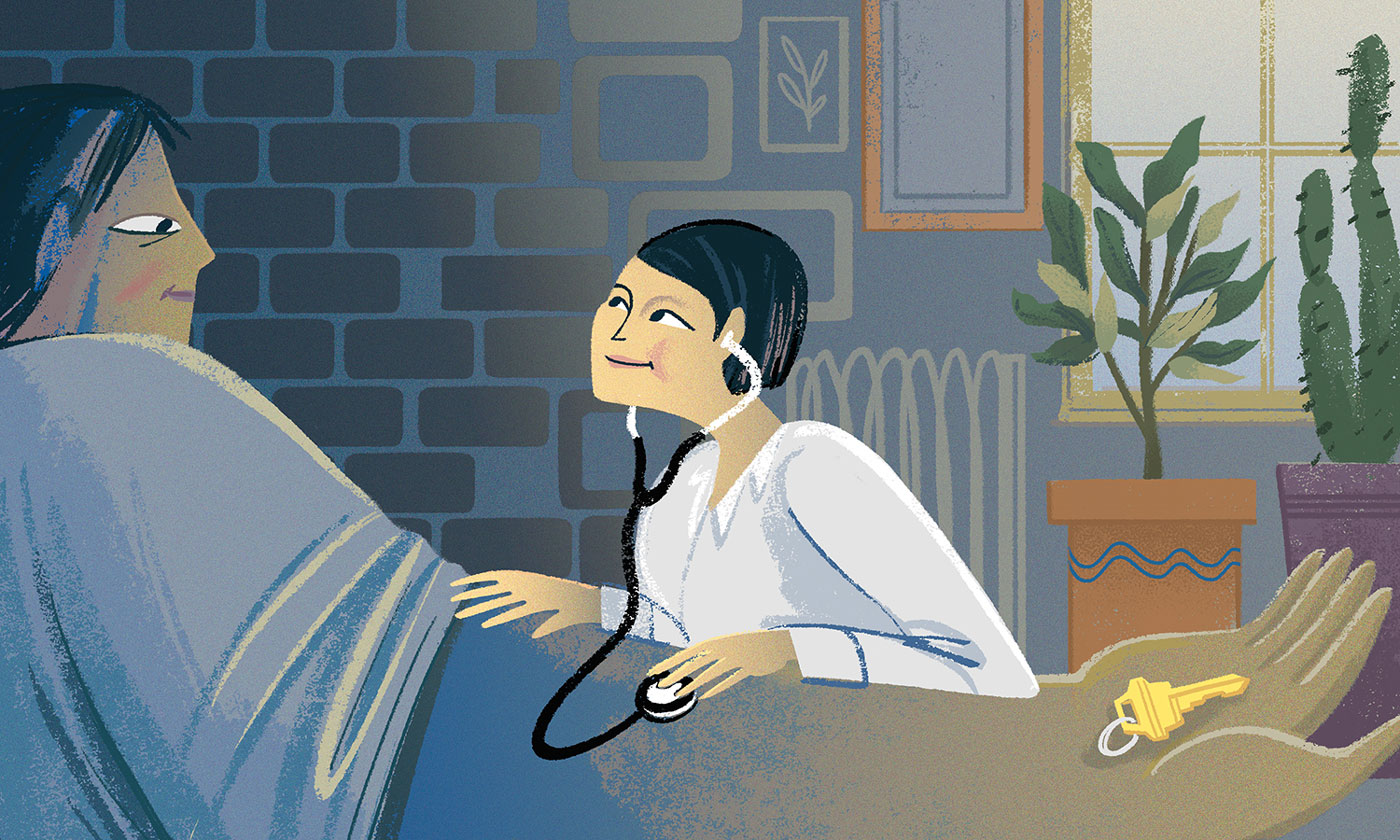As a professor
in the University of Alberta’s School of Public Health, a former president of the Canadian Medical Association and an emergency physician, Dr. Louis Francescutti has some pretty learned insights into how homelessness links with the healthcare system.
He estimates that the way hospitals currently treat the homeless population costs the health care system hundreds of millions of dollars a year. And that pales to the human cost; because most homeless patients are discharged back onto the street, we’re not using the emergency room as a triage to route these people towards the care and programs they need.
He said that the Royal Alexandra Hospital’s emergency room treats an average of 220 patients in the emergency ward each day. Between eight to 12 per cent of them have reported themselves as having no fixed address. Others may give relatives’ addresses but later admit they have nowhere to go.
Many of them turn to emergency
rooms so they can “get some sleep in a bed, a shower and maybe a crappy hospital sandwich,” says Francescutti.
They’re released, they go back to the street, they come back. The cycle continues.
“It’s almost immoral that we discharge them back into homelessness,” said Francescutti.
Along with fellow School of
Public Health professor Les Hagen and U of A students, he is now working on the Reactive Healing project, a plan put in place to build a facility that would act as a critical care destination for the homeless. The goal is to take homeless patients directly from emergency rooms and find homes for them, and provide them with mental, physical and judicial support. The plan got interest from more than 100 volunteers, Alberta Blue Cross, the Lions Club, Edmonton Police Service and NAIT students.
The centre would include programs for the homeless, and small residences that would give them home addresses. Francescutti hopes that several facilities could be built across the city, with the first one being ready by spring.
